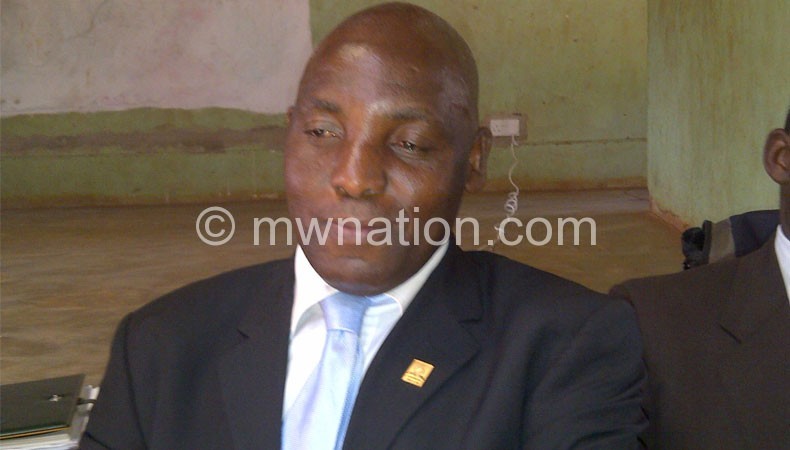SDA Church, residents fight over school blocks

Controversy has emerged between the Seventh Day Adventist (SDA) Church and community at Lunjika in Mzimba over two school blocks donated by the European Union (EU) the church is using as private property.
Since 2006, the church has been using the blocks to run a private primary school, a development the community feels is a deliberate ploy to sideline them in benefitting from the structures meant to serve them with a free primary school.
But the church argues that government failed to abide by the memorandum of understanding (MoU) it signed with the church in 2004 concerning ways in which government is to remit teachers’ salaries.
Due to this misunderstanding— according to an assessment done by the community in collaboration with the Catholic Commission for Justice and Peace (CCJP) of the Mzuzu Diocese— children in the area have been sidelined in accessing quality education.
Presenting the study at an interface meeting at Lunjika on Thursday, CCJP diocesan secretary Alnord Msimuko said the study, done in 14 villages, reveals that children from vulnerable families have been unable to attend school due to lack of fees.
“Parents are complaining that school fees is too high for vulnerable families to afford as Standard One to Two learners pay between K2 000 to K4 000 per term,” he said.
This, according to the study, has forced 108 children to drop out of school, 114 are on and off school whereas 116 children who have attained school going age (6 years) have not enrolled.
The study reveals further that the community is disadvantaged because five alternative schools such as Kavitengo (7 kilometres), Chibale (4km), Eswazini (7km), Mongo (5km) and Chasenje (6km) are far spaced and in difficult geographical topography.
During the meeting, which brought together various stakeholders concerned with the issue, five orphaned children who dropped out of school due to financial challenges were paraded.
The five live with their grandfather, Standwell Mwandira.
“My grandchildren are just roaming around due to lack of fees. Some may think that K3 000 is a small amount of money. But just imagine I have five grandchildren. Where do I get that money as old as I am?” wondered Mwandira.
Traditional Authority (T/A) Kampingo Sibande said the community is demanding government to immediately construct a public school around Lunjika as an alternative and that Lunjika SDA Church should construct two school blocks as compensation for the blocks the church is are using for private purposes.
He said: “Looking at the nine years we have lost, this school needs to be constructed immediately. But since the community contributed resources in the construction of the EU blocks, SDA should also assist the community with two blocks.”
But director of education and the youth at the Malawi Union Mission of the SDA Church, James Maunjili, could not make any commitment in compensating the community with the blocks, saying: “I can’t make a decision now. I need to consult before I make any commitment.”
“Government wanted our teachers placed on their payroll. For two years, government funded us. But later on they suspended funding. That is why we resorted to the arrangement that students should be paying,” he said.
Maunjili claimed they introduced this system of paying in all of its 11 education institutions across the country due to this suspension of funding by government.
District education manager (DEM) in Mzimba Leman Mvula, ignorant of the MoU, said it is government’s procedure that teachers in mission primary schools be put on its payroll for such institutions to be public.
“So, I’m not sure why there was that MoU which is different from how it is like with other mission schools. I have to consult and see the way forward with this issue.
“In the meantime, the community should apply for a new school and start some activities on the site for government to come in,” he said.
The new Education Act of 2012 demands that primary education in the country be free and compulsory.
CCJP is implementing a governance project in the area with funding from Tilitonse Fund. The project aims at enhancing citizen participation for accountable and responsive governance in the country.





